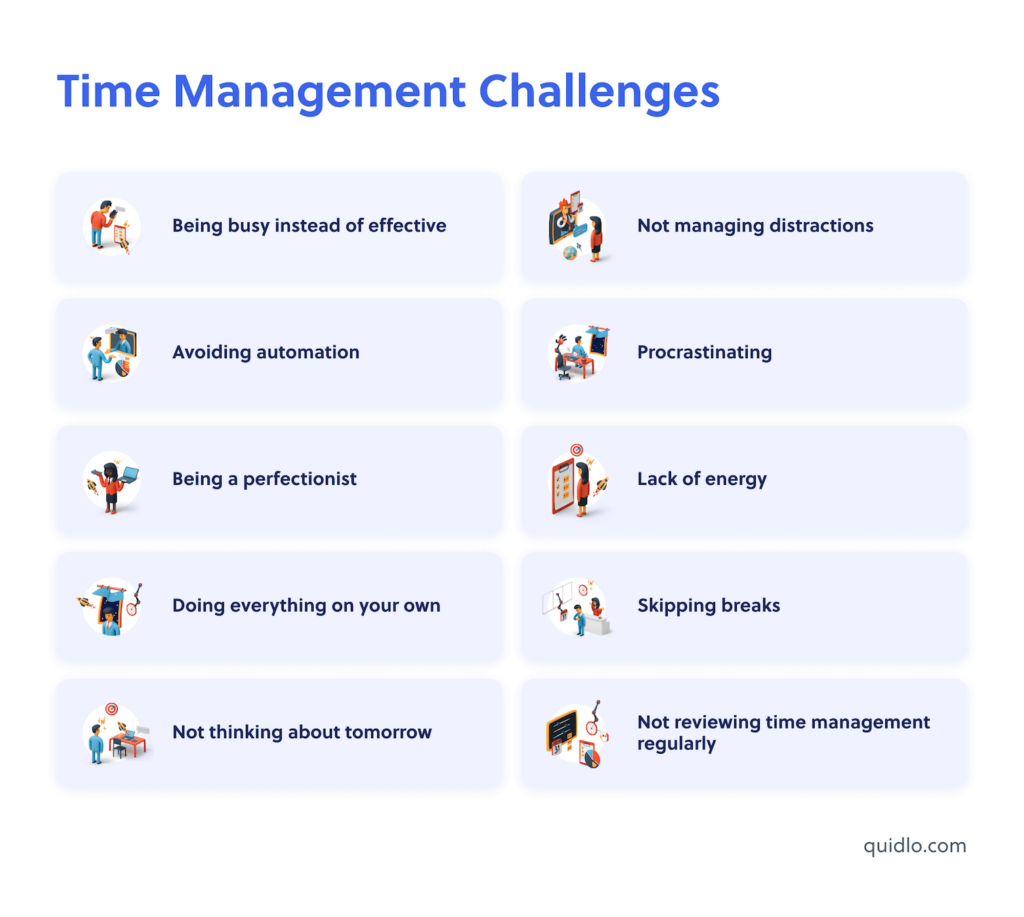Have you ever found yourself pushing deadlines to the very last minute? Do you often end up overwhelmed, stressed, and wondering where all the time went? If this sounds all too familiar, then congratulations, my friend, you are a fellow procrastinator. But fear not! In this blog post, I will share some personal experiences and practical tips to help you overcome the barriers of procrastination and master the art of time management.
As a self-confessed procrastinator, I understand the struggles and challenges that come with constantly putting things off. From academic assignments to household chores, I always found myself procrastinating until the very last minute. It wasn’t until I realized the negative impact it had on my productivity, mental wellbeing, and overall quality of life that I decided to take action.
One of the first steps to overcoming the barriers of procrastination is to understand the underlying reasons for our behavior. For me, it was often a mix of perfectionism and fear of failure. I would tell myself that I needed more time to produce the perfect outcome, or that I couldn’t start a task until I knew exactly how to do it. Sound familiar? While these reasons may seem valid, they are often just our minds playing tricks on us. Recognizing these patterns is crucial to breaking the cycle of procrastination.
Once we understand the root causes, it’s time to implement strategies to manage our time more effectively. Here are some practical tips that have worked for me:
1. Set Realistic Goals: Break down your tasks into smaller, manageable chunks. This will not only make the task seem less intimidating but also allow you to track your progress more effectively.
2. Prioritize Tasks: Identify the most important and urgent tasks that need to be completed first. By focusing on these tasks, you will avoid feeling overwhelmed and ensure that your time is utilized efficiently.
3. Create a Schedule: Plan out your day, week, or month depending on the scale of your tasks. Allocate specific time slots for each task, ensuring you have enough time for breaks and relaxation as well. Stick to this schedule as much as possible to develop a routine.
4. Remove Distractions: We live in an era of constant notifications and distractions. To stay focused, create a conducive environment by turning off notifications on your phone, closing unnecessary tabs on your computer, and finding a quiet space where you can work without interruptions.
5. Use Time-Blocking: Time-blocking is a technique where you allocate specific time blocks for different tasks or activities. It allows you to have dedicated time for work, rest, and leisure. This method not only helps you manage your time effectively but also creates a sense of accountability.
6. Break It Down: When faced with a daunting task, it’s easy to get overwhelmed and put it off. Break it down into smaller, actionable steps, and tackle them one by one. As the saying goes, “How do you eat an elephant? One bite at a time.”
7. Embrace the Pomodoro Technique: The Pomodoro Technique involves working in focused intervals, typically 25 minutes, followed by a short break. This method not only enhances productivity but also helps in mitigating the urge to procrastinate by providing structured breaks.
8. Find an Accountability Buddy: Share your goals and deadlines with a trusted friend or family member who can hold you accountable. Regular check-ins and discussions about your progress can be an excellent motivator to stay on track.
9. Practice Self-Care: Taking care of your physical and mental well-being is essential for effective time management. Make sure you get enough sleep, eat healthy meals, exercise regularly, and find time for activities that bring you joy. A refreshed mind and body are more likely to stay focused and motivated.
10. Celebrate Small Wins: Acknowledge and appreciate your accomplishments, no matter how small they may seem. Celebrating even the smallest of victories can fuel your motivation and help you build momentum to tackle bigger tasks.
Remember, change takes time and effort. Overcoming procrastination requires discipline, self-awareness, and the determination to break old habits. Be patient with yourself and celebrate progress, even if you stumble along the way.
By incorporating these time management strategies into your daily life, you will gradually overcome the barriers of procrastination and enhance your productivity. Remember, you are in control of your time, so take charge and make the most of it. You’ve got this!
